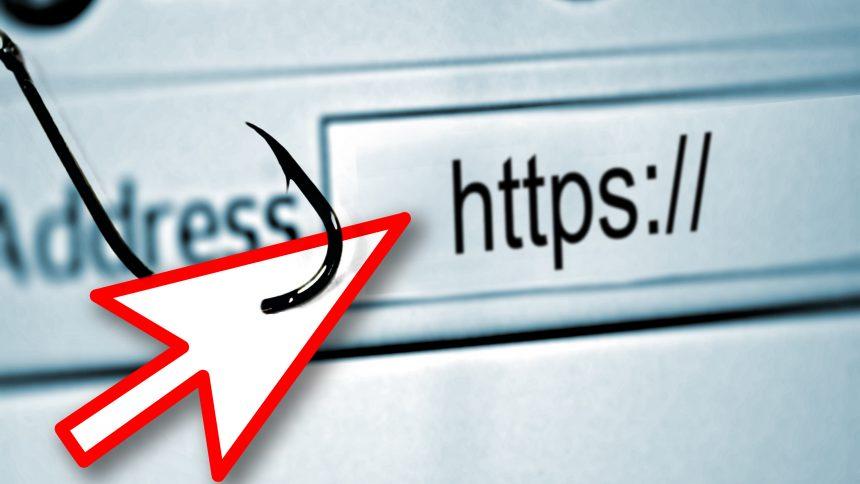The digital landscape is constantly evolving, and with it, the tactics of cybercriminals. One such threat that has recently gained attention is the Nhereugo.com ads virus. This malicious entity disrupts the user experience by bombarding victims with intrusive advertisements, leading to potential security risks and privacy concerns. In this article, we will delve into the specifics of the Nhereugo.com ads virus, explore its actions and consequences, provide a comprehensive removal guide, and outline best practices for preventing future infections.
Understanding the Nhereugo.com Ads Virus
The Nhereugo.com ads virus, also known as a browser hijacker, infiltrates systems primarily through deceptive means such as bundled software downloads, misleading advertisements, and phishing emails. Once installed, it modifies browser settings without the user’s consent, leading to an influx of unwanted ads, redirects to suspicious websites, and potential exposure to further malware.
Actions and Consequences of the Malware
Actions:
- Browser Hijacking: The malware alters browser settings, such as the homepage, default search engine, and new tab page, redirecting users to Nhereugo.com or other affiliated sites.
- Ad Injections: It injects various types of advertisements, including banners, pop-ups, and in-text ads, into web pages visited by the user.
- Tracking: The virus may track browsing activities, collecting data such as search queries, visited websites, and even personal information.
- Redirects: Users are frequently redirected to potentially malicious websites that may harbor additional threats or phishing schemes.
Consequences:
- Privacy Risks: Unauthorized data collection can lead to privacy breaches, exposing sensitive information to cybercriminals.
- Security Threats: Redirects to malicious websites increase the risk of encountering further malware, ransomware, or phishing attacks.
- System Performance: The continuous display of ads and redirects can significantly slow down system performance and degrade the overall user experience.
- Financial Loss: Clicking on deceptive ads may lead to fraudulent transactions or financial losses.
Detection Names for the Malware
Security software might detect the Nhereugo.com ads virus under various names, including but not limited to:
- Adware.Nhereugo
- BrowserModifier:Win32/Nhereugo
- PUP.Optional.Nhereugo
- Adware.Nhereugo.Trojan
Similar Threats
The Nhereugo.com ads virus shares characteristics with other common adware and browser hijackers, such as:
- MyWay Search
- Conduit Search
- Delta Homes
- SearchProtect
- CoolWebSearch
Comprehensive Removal Guide
- Uninstall Suspicious Programs
- Open the Control Panel.
- Navigate to “Programs and Features” or “Add/Remove Programs.”
- Look for any unfamiliar or suspicious programs and uninstall them.
- Reset Browser Settings
- Google Chrome:
- Click on the three-dot menu and select “Settings.”
- Scroll down and click on “Advanced.”
- Under “Reset and clean up,” select “Restore settings to their original defaults.”
- Confirm by clicking “Reset settings.”
- Mozilla Firefox:
- Click on the three-line menu and select “Help.”
- Choose “Troubleshooting Information.”
- Click on “Refresh Firefox” and confirm.
- Microsoft Edge:
- Click on the three-dot menu and select “Settings.”
- Scroll down and click on “Reset settings.”
- Select “Restore settings to their default values” and confirm.
- Safari:
- Open Safari and click on “Safari” in the menu bar.
- Select “Preferences” and navigate to the “Privacy” tab.
- Click on “Manage Website Data” and remove all data.
- Go to the “Extensions” tab and uninstall any suspicious extensions.
- Google Chrome:
- Remove Suspicious Extensions/Add-ons
- Open your browser’s extensions or add-ons manager.
- Identify and remove any unfamiliar or unwanted extensions.
- Clear Browser Cache and Cookies
- Google Chrome, Mozilla Firefox, Microsoft Edge, Safari:
- Access the settings menu.
- Find the option to clear browsing data.
- Ensure cookies and cached files are selected and clear them.
- Google Chrome, Mozilla Firefox, Microsoft Edge, Safari:
- Check Task Scheduler
- Open the Task Scheduler.
- Look for any suspicious tasks that may have been created by the malware.
- If found, right-click and disable or delete these tasks.
- Inspect Hosts File
- Navigate to
C:\Windows\System32\drivers\etc\hosts. - Open the file with Notepad and look for any unusual entries.
- Remove any lines that appear to be added by malware.
- Navigate to
- Scan for Malicious Entries in the Registry
- Press
Win + R, typeregedit, and press Enter. - Navigate to
HKEY_CURRENT_USER\Software\,HKEY_LOCAL_MACHINE\Software\, andHKEY_LOCAL_MACHINE\Software\Microsoft\Windows\CurrentVersion\Run. - Look for and delete any suspicious entries.
- Press
Prevention Best Practices
- Avoid Untrusted Downloads
- Only download software from official or reputable websites.
- Be cautious of bundled software and always opt for a custom installation to avoid unwanted programs.
- Regularly Update Software Keep your operating system, browsers, and other software up-to-date to protect against vulnerabilities.
- Use Strong, Unique Passwords Implement strong, unique passwords for all accounts and change them regularly.
- Enable Browser Security Features Utilize built-in browser security features such as pop-up blockers and do-not-track options.
- Educate Yourself on Phishing Scams Be aware of common phishing tactics and avoid clicking on suspicious links or downloading attachments from unknown sources.
- Regular System Scans: Perform regular scans using your system’s built-in security tools to detect and remove potential threats.
Conclusion
The Nhereugo.com ads virus poses significant risks to both system performance and user privacy. By understanding its actions and consequences, users can take proactive steps to remove the threat and safeguard their systems against future infections. Following the detailed removal guide and adhering to best practices will help maintain a secure and efficient digital environment.





